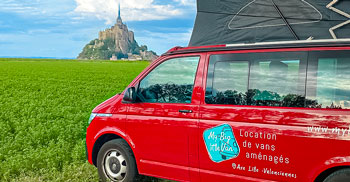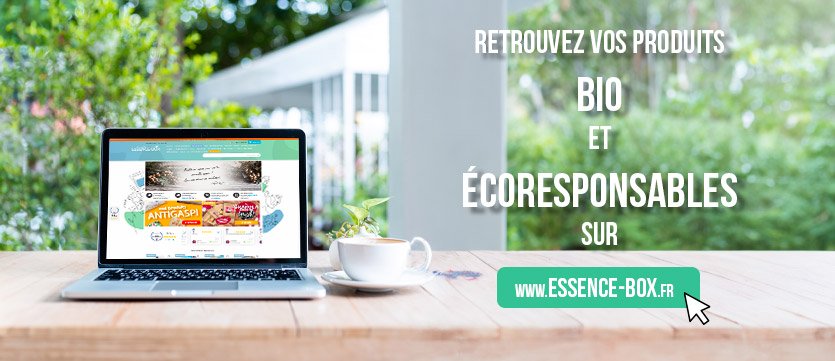Occasional means of transport for some, wheeled house for others, in recent years, the converted van has been fashionable. Allowing a great autonomy and a real feeling of freedom, it has many advantages: sleep where you want, change your itinerary at the last minute, etc.
So to follow up on our article on vacations in a converted van , we looked at the question: is traveling in a van ecological?
Fuel
The first point to address is fuel-related CO2 emissions. Even if it is never easy to navigate and really know a carbon footprint, you can get an order of magnitude with online comparators like ImpactCO2
ImpactCO2 tells us that 1 km by car is equivalent to 1.9 km by bus or 92 km by TGV. The van meanwhile is located just above the car. If there are several of you in your van, that already lowers the carbon footprint. However, it remains important, especially if your van or motorhome is old.
Where the van stands out from the ecological point of view, it is on the impact of its way of life which encourages a minimalist approach:
food
Whether it's the quantity, the cooking times or the origin of the food, in a van, you will tend to simplify your lifestyle, especially when it comes to food. You will certainly eat less, more local and more simply. The bulk department is ideal for taking only what you need.
Waste
The same goes for waste. Consuming less also means generating less waste. By buying local, you will quickly notice that overpackaging is much less present than in supermarkets.
Hygiene and maintenance
With limited water autonomy, you will quickly find that every drop counts and beyond the awareness of the preciousness of water, you will consume it strategically during your trip.
Ditto for cleaning or hygiene products. Solid cosmetics are unbeatable in this kind of situation. They take up less space and their composition is simpler and cleaner.
Slow tourism
Traveling by van does not imply driving day and night, on the contrary, it is a real religion that encourages you to take the time for things, to appreciate the simple things. We sit down and enjoy!

Conclusion
If the emission linked to the fuel of traveling in a van remains a major problem, living there, even for the duration of a stay, remains less energy-intensive than housing. It is also an excellent awareness-raising experience and an opportunity to change habits that will be good to keep once you get home.
Obviously, this varies from person to person, but generally speaking, it incites and involves so much more. Whether it's the use of solid cosmetics, paying attention to your water consumption or your diet while promoting local and less industrialized products, traveling by van can be a trigger for many and an awareness of our daily.
Also read:
Holidays in a camper van: a taste of freedom

Last year, we returned to Ecoland, an eco-place for alternative lifestyles. This year, we're doing it again with: vacations in a van!





 By Benoit
By Benoit